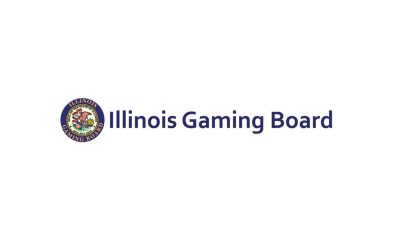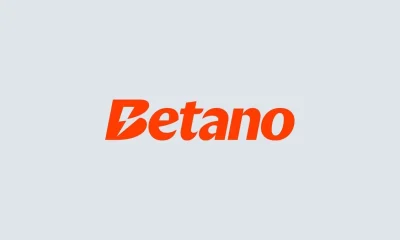Africa
Kenyan MPs Vote to Repeal Sports Betting Turnover Tax
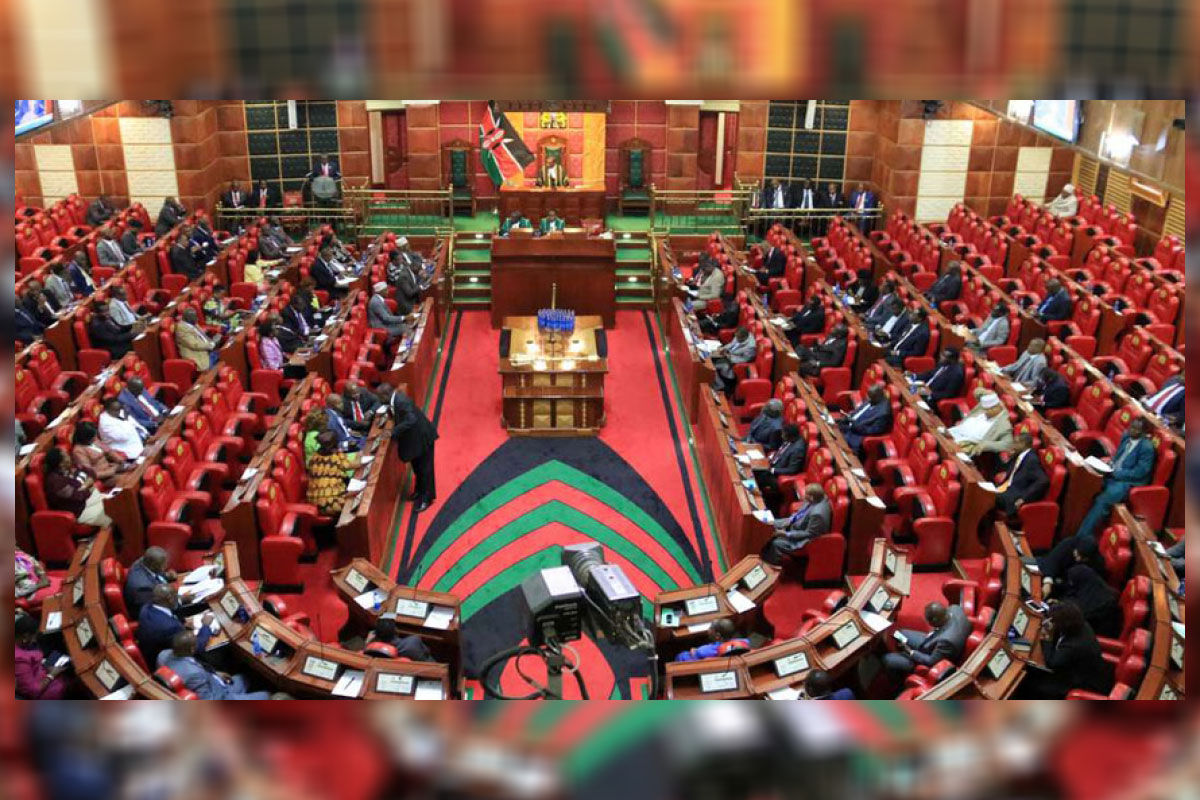
The National Assembly of Kenya has approved a budget bill removing the controversial excise tax on betting stakes.
While the 20% excise tax on stakes, which was introduced in the country’s 2019/20 budget, was initially set to be carried over in the 2020/21 finance bill, an amendment put forward by the National Assembly’s Finance and National Planning Committee led to its removal.
The tax removal was suggested by an entity named Shade.co.ke, which said the tax “has made many betting firms strapped for cash hence cutting down on sponsorships to local sports clubs.”
This was then adopted by the Committee, which told Shade that “the reason behind [removing the tax] was that the high level of taxation had led to punters placing bets on foreign platforms that were not subject to tax and thereby denying the government revenue.”
Removing the tax would “reverse the negative effects […] on the industry, which has led to the closure of betting shops in Kenya,” it explained.
In the National Assembly debate, Finance Committee chair Joseph Kirui Limo repeated this sentiment, arguing that the reduced tax would actually increase revenue.
“This is going to enhance revenue, because currently, revenue is going down,” he said.
The bill will now be put before President Uhuru Kenyatta, who can sign it into law or send it back to the legislature.
Powered by WPeMatico
Africa
Amusnet Announces Strategic Partnership with Betway

Amusnet has announced a new strategic partnership with Betway in South Africa, one of the leading brands in the industry. This collaboration significantly strengthens the provider’s presence in South Africa, as its top-notch casino content is now live and available on both betway.co.za and Jackpotcity.co.za. Betway is a market leader not only in South Africa, its largest operation, but also across the UK, LATAM, Spain, Italy and other key African markets.
“This project has been a long time in the making – one that required dedication, teamwork, and persistence across every stage, from negotiation to launch. Having our content now on both Betway and JackpotCity in South Africa reinforces our position as a trusted partner and paves the way for even greater growth across the region,” said David McBryne, Senior Commercial Account Manager at Amusnet.
The new collaboration enables Amusnet to showcase its commitment to delivering high-quality entertainment through an exciting selection of titles. South African players can now enjoy slots such as Shining Crown, 40 Burning Hot, 100 Super Hot and Burning Hot 6 Reels. The launch also includes other fan-favourite titles, such as 20 Golden Coins, 100 Bulky Fruits, Candy Palace and the popular Virtual Roulette.
Candy Palace – it provides special features, such as the Toppling Reels, candy-jar multipliers, Free Spins and the chance to win progressive jackpots.
20 Golden Coins – the slot game captivates with its impressive visuals, elegant design and vibrant animations. It features 20 paylines and 5 reels, along with special bonus features such as Bonus Coins and Mystery Nudge.
This strategic partnership is a testament to Amusnet’s commitment to expanding its global footprint in regulated markets. The company is poised to deliver its high-performing portfolio to a broader audience in the African market.
The post Amusnet Announces Strategic Partnership with Betway appeared first on Eastern European Gaming | Global iGaming & Tech Intelligence Hub.
Africa
State of the African Video Game Industry 2026: Xsolla Backs SpielFabrique’s Definitive Market Report
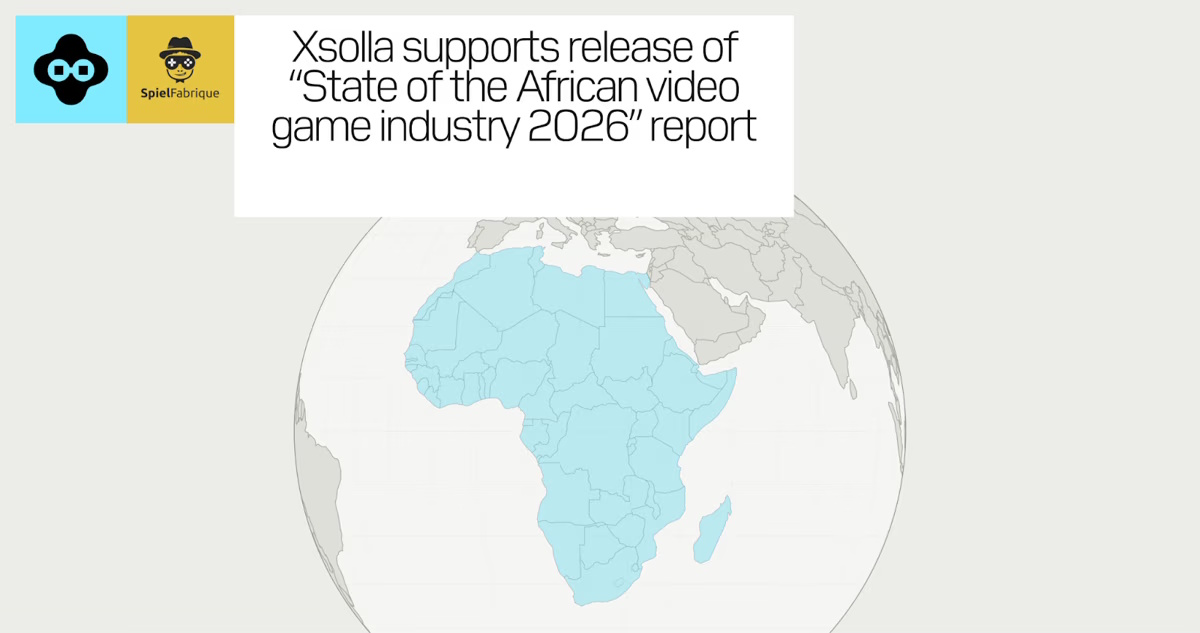
Xsolla today announced its support for State of the African Video Game Industry 2026, a comprehensive new report from SpielFabrique and researcher PhD Prince Oguguo that maps the size, structure, and growth dynamics of Africa’s fast-evolving games ecosystem. The study delivers data-driven insight into developer realities, market infrastructure, monetization trends and strategic recommendations for partners and investors.
Key findings at a glance
-
Market size: Africa’s video games industry generated approximately $1.8 billion in revenue in 2024, driven predominantly by mobile gaming (≈90% of the market).
-
Growth drivers: A young, mobile-first population, rising smartphone adoption and broader digital services are fueling above-average expansion across the continent.
-
Structural challenges: Persistent pain points include payment friction, limited funding, uneven internet and platform infrastructure, and the lack of a unified continental market.
-
Diverse ecosystems: The report stresses regional variation — with deep dives into Nigeria, South Africa, Kenya, Egypt, and Morocco — showing how local payment systems, regulation and culture shape monetization and discoverability.
Why this report matters
“Supporting research like this helps ground industry conversations in real data and lived developer experience,” said Ilayda Bayari, VP of Business Development, MEA + Southern Europe at Xsolla. The report equips publishers, platforms, investors and policy-makers with actionable intelligence to build more sustainable partnerships with African developers.
Focus areas and recommendations
SpielFabrique’s study examines three critical levers for growth:
-
Payments & distribution: Local payment methods and mobile money are essential to improve conversion and lifetime value for African titles.
-
Funding & infrastructure: Targeted investment and improved developer tools/platforms are needed to scale studios beyond domestic markets.
-
Talent & esports: Clearer talent pathways, education programmes and esports ecosystems will strengthen local production and audience engagement.
Regional snapshots
The research highlights how national differences influence outcomes: strong indie scenes in Nigeria and Kenya, established studios and distribution channels in South Africa, and growing developer communities in North African markets such as Egypt and Morocco.
Launch and supporting activity
The State of the African Video Game Industry 2026 report became available on January 29, 2026, and was launched with a coordinated website feature, social media rollout and a post-launch community webinar to share insights and facilitate industry discussion.
Voices from the field
“After more than seven years working alongside African game makers and ecosystem builders, I’m proud to share this comprehensive overview of where the market stands today,” said Pr. Odile Limpach, Co-founder of SpielFabrique. The report aims to catalyze cooperation and make markets more visible — enabling partners to act on opportunities while appreciating local challenges.
The post State of the African Video Game Industry 2026: Xsolla Backs SpielFabrique’s Definitive Market Report appeared first on Eastern European Gaming | Global iGaming & Tech Intelligence Hub.
Accra
Kaizen Gaming Launches Betano in Ghana — 20th Regulated Market & Responsible GameTech Expansion
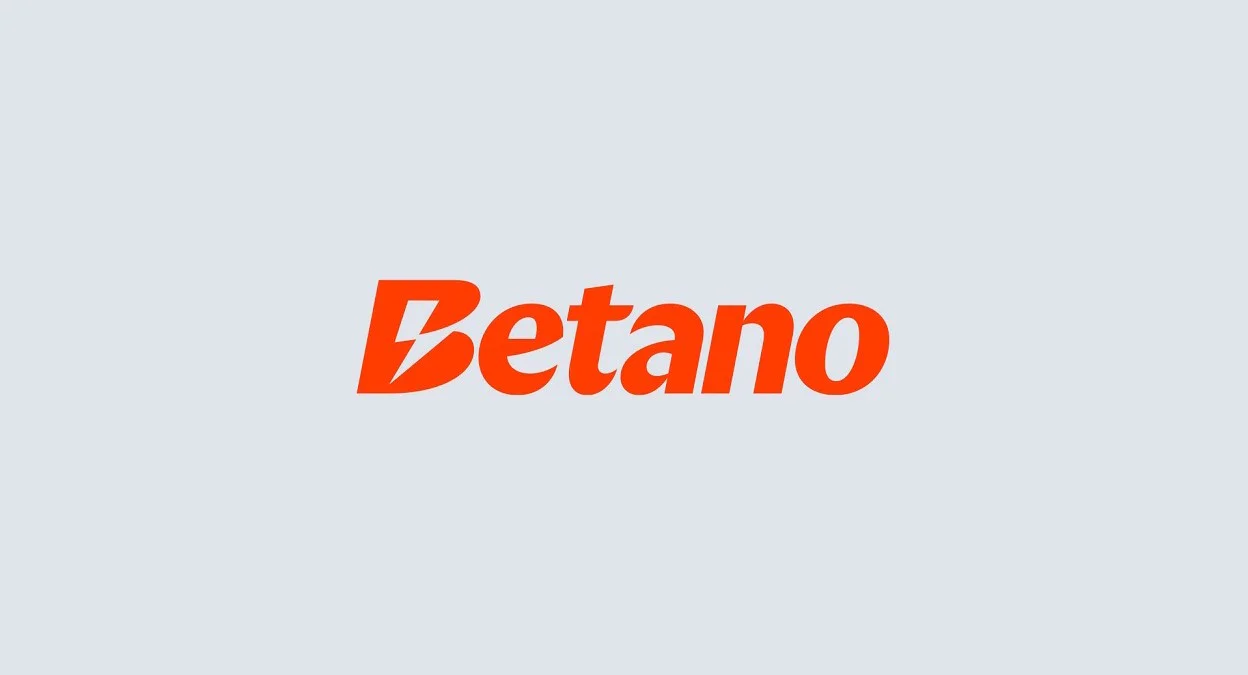
Kaizen Gaming has officially launched Betano in Ghana, marking the company’s 20th regulated market and its first market entry of 2026.
The launch underscores Kaizen’s global GameTech expansion strategy—rooted in technology, regulatory compliance and responsible operations—bringing safe sportsbook and casino products to Ghana’s fast-growing digital audience.
Official launch and local leadership
A dedicated launch event in Accra brought together Kaizen Gaming leaders—George Skarlatos (Director of Business Development), Daniel Lamberti (Senior Business Development Advisor) and Joseph Owusu Badu (Country Manager, Ghana)—alongside Emmanuel Siisi Quainoo, Acting Commissioner of the Ghana Gaming Commission. The ceremony celebrated market entry and formalized local partnerships designed to ensure a compliant, trusted player experience from day one.
“Ghana is a market with strong long-term potential, an increasingly tech-oriented population, and a clear commitment to building a structured and transparent regulatory environment,” said George Skarlatos. “With responsibility embedded across our technology, processes and operations, we are fully aligned with Ghana’s regulatory framework.”
Acting Commissioner Emmanuel Siisi Quainoo welcomed Betano’s entry, noting the operator’s commitment to player protection, market integrity and adherence to high regulatory standards.
What Betano brings to Ghana: technology, safety, and choice
Betano’s Ghana launch delivers:
- A full responsible gaming framework and local customer protections.
- A technology-first sportsbook and casino platform optimized for mobile and desktop.
- Local operations led by a Ghana-based country manager to support regulatory compliance and customer care.
These features aim to provide Ghanaian players safe, transparent access to licensed online betting and casino entertainment.
Momentum from global recognition and sports partnerships
Kaizen enters Ghana following a standout year of industry awards and partnerships. The operator was named Operator of the Year at both the EGR Operator Awards and the SBC Awards for the second consecutive year, and in 2025 announced a global FIFA partnership for the FIFA Club World Cup. Kaizen also maintains high-profile football partnerships with clubs such as FC Bayern München, Aston Villa FC, FC Porto, Sporting CP, SL Benfica, River Plate and Flamengo, demonstrating the brand’s marketing strength and sports engagement credentials.
Strategic outlook: scaling responsibly in Africa
Ghana’s strong digital uptake and clear regulatory ambitions make it a priority for Kaizen’s global rollout. By centering regulation, local partnerships and responsible-play tools, Kaizen aims to build a scalable, trusted presence in Ghana while contributing to local economic activity and regulated market growth.
The post Kaizen Gaming Launches Betano in Ghana — 20th Regulated Market & Responsible GameTech Expansion appeared first on Eastern European Gaming | Global iGaming & Tech Intelligence Hub.
-

 Compliance Updates6 days ago
Compliance Updates6 days agoIllinois Gaming Board and Attorney General’s Office Issue more than 60 Cease-and-Desist Letters to Illegal Online Casino and Sweepstakes Operators
-

 Canada6 days ago
Canada6 days agoINCENTIVE GAMES PARTNERS WITH LOTO-QUÉBEC TO LAUNCH REAL-MONEY GAMES IN THE PROVINCE OF QUÉBEC, CANADA
-

 Australia6 days ago
Australia6 days agoRegulating the Game 2026 Sydney — One Month Countdown as Sector Leaders Anticipate Inaugural RTG Global Awards
-

 Latest News6 days ago
Latest News6 days agoLaunch Of A Fresh Online Casino Guide 2026
-

 Always Up! x100006 days ago
Always Up! x100006 days agoRing in the Chinese New Year with BGaming’s Seasonal Promotion
-

 Latest News6 days ago
Latest News6 days agoVolcano Power — Hold & Hit 3×3 from Spinomenal
-

 Affigates6 days ago
Affigates6 days agoSoftConstruct AI and Affigates Bring Cutting‑Edge Solutions to AIBC Eurasia 2026 in Dubai
-

 Accra6 days ago
Accra6 days agoKaizen Gaming Launches Betano in Ghana — 20th Regulated Market & Responsible GameTech Expansion




